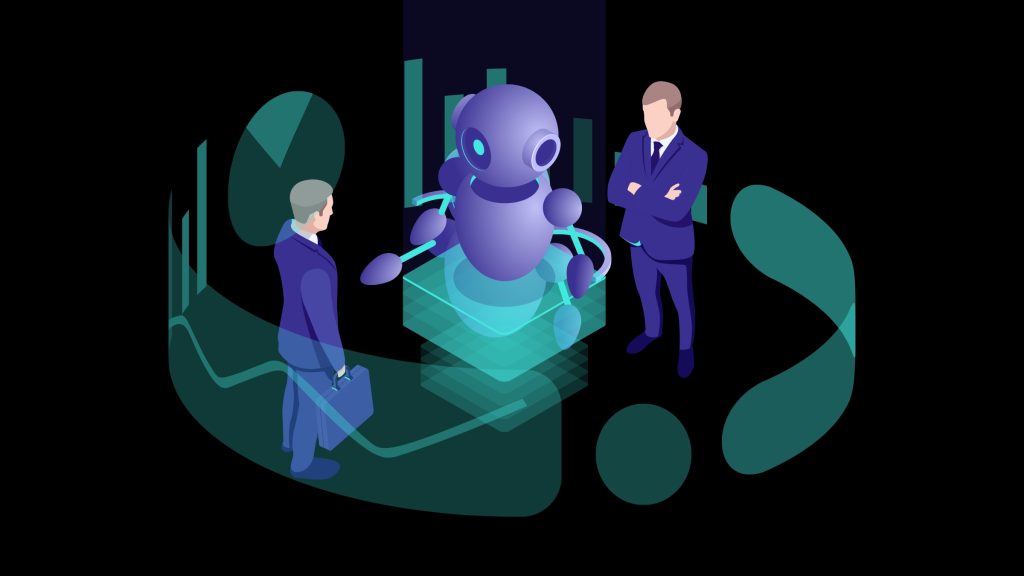
Technology is rapidly transforming how AI and social media will revolutionize recruiting, with 93% of Fortune 500 Chief Human Resource Officers already using it to handle tasks from resume screening to interviews, marking a major shift toward automated hiring.
“We are not talking about the future,” noted one researcher. “We’re seeing it unfold in real time. AI isn’t helping recruiters—it’s starting to replace them.”
With predictive analytics, natural language processing, and machine learning, AI chatbot for recruitment systems now have the capability to interview, analyze behavior data, source candidates, and personalize onboarding processes autonomously.
Social Media Recruiting Strategy
The phase of digitization has revolutionized the way firms identify and poach talent, and social media recruiting is at the center of that revolution. AI powered sites can now search social networks to find likely candidates even when they have not applied. Such sites do not merely look for keywords but measure user activity, public interactions, and professional connections to assess fit.
Job postings are now created by machines, tailored in real time based on what attracts the best workers in a specific role or location. Some businesses even have AI agent for hiring virtual assistants who make first contact with applicants over the web, allowing the application process to be seamless and engaging.
According to the LinkedIn Global Talent Trends Report 2024, “Recruiters report saving 40–60% of their time on repetitive tasks thanks to AI tools.” Companies such as Chipotle saw application completion rate increase to 85% using AI and a 20% decrease in time-to-fill for customers of how AI and social media will revolutionize recruiting chatbots through screening.
Pros and Cons of AI In Recruitment
Pros of AI
- Efficiency and Speed: AI automates resume screening, shortlisting, and scheduling—tasks that once consumed hours of recruiters’ time. Applicant tracking systems (ATS) integrated with AI can now handle tens of thousands of applications effortlessly.
- Smarter Matching: Companies that use AI for hiring like Hudson RPO use to match candidates with roles based on historical success patterns, increasing quality-of-hire scores by up to 35%.
- Bias Reduction: When properly trained, AI can help minimize unconscious bias. A Harvard Business Review study noted that “AI-assisted shortlisting improved gender and ethnic diversity in interview pools by 21%.”
Cons of AI
- Algorithmic Bias: Although a promise, AI can inherit prejudice from existing data. As a warning, a CHRO stated, “Bias out depends on bias in.”
- Data Privacy Risks: Because there is a predominance of privacy laws like GDPR and the CPRA, abuse of sensitive candidate data can put organizations at the risk of legal and reputational harm.
- Human Disconnect: Best AI recruiting toolsmight miss nuance like cultural fit or emotional IQ’s of candidates with ease.
- Smarter Matching: AI powers Hudson RPO’s candidate-job matching from the success historical trends, increasing the quality hire score by up to 35%.
- Bias Reduction: With proper training, automated talent sourcing AI can help decrease unconscious bias. As per a Harvard Business Review study, “AI-driven shortlisting boosted gender and ethnic diversity in interview pools by 21%.”
In 2025 research, 63% of CHROs reported AI tools for recruiters were still lacking in assessing interpersonal abilities. The rollout of AI has an infrastructure cost, training, and change cost. Forty-two percent of companies report that “lack of internal readiness” is the primary barrier.
How AI and social media will revolutionize recruiting is not a silver bullet, nor is it a threat to human recruiters, it is a force multiplier. The future of hiring lies in hybrid systems where humans make final decisions, guided by data rich AI insights.
Inside Telecom provides you with an extensive list of content covering all aspects of the tech industry. Keep an eye on our Intelligent Tech sections to stay informed and up-to-date with our daily articles.